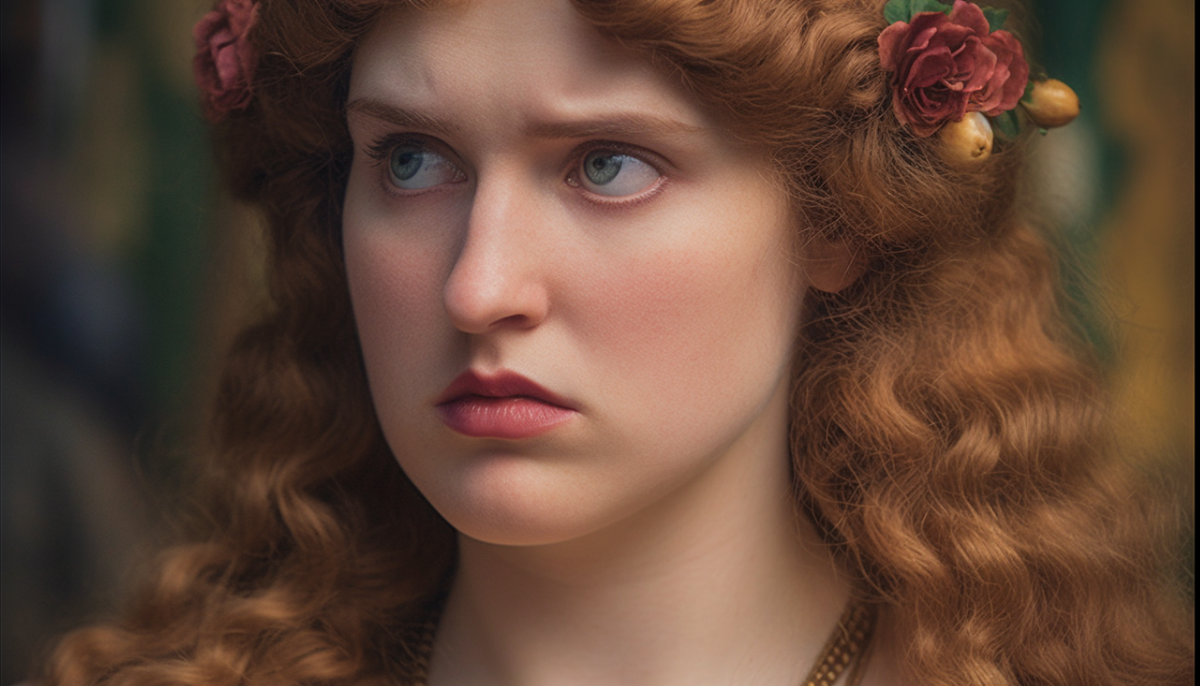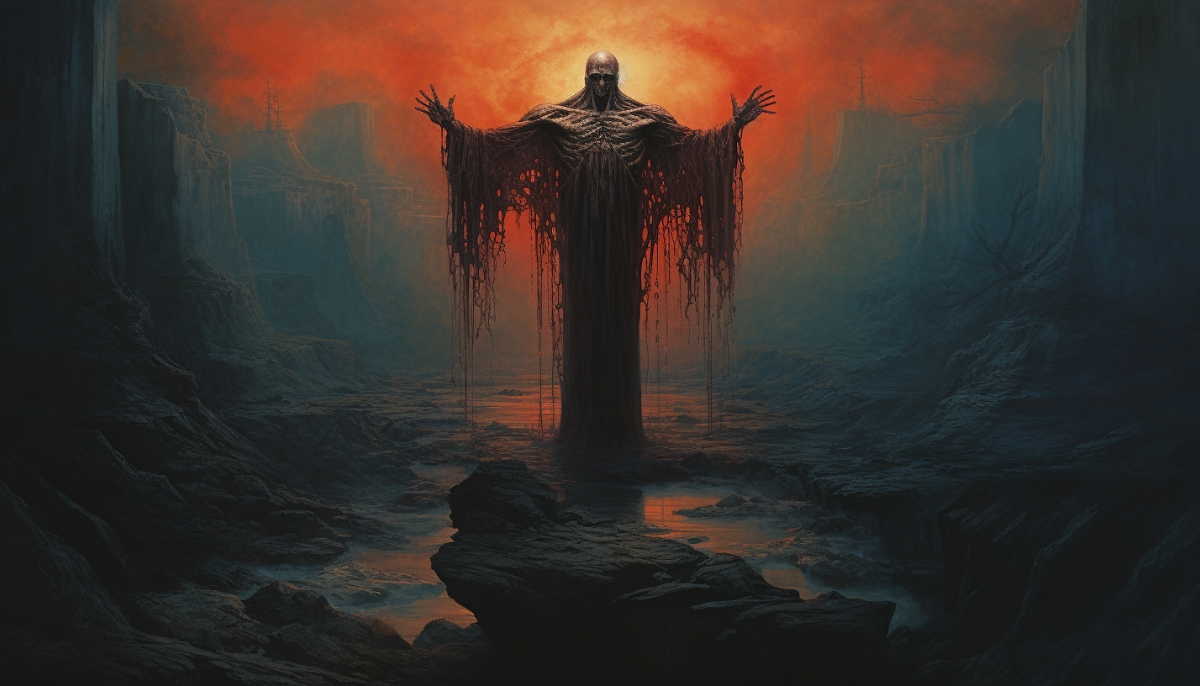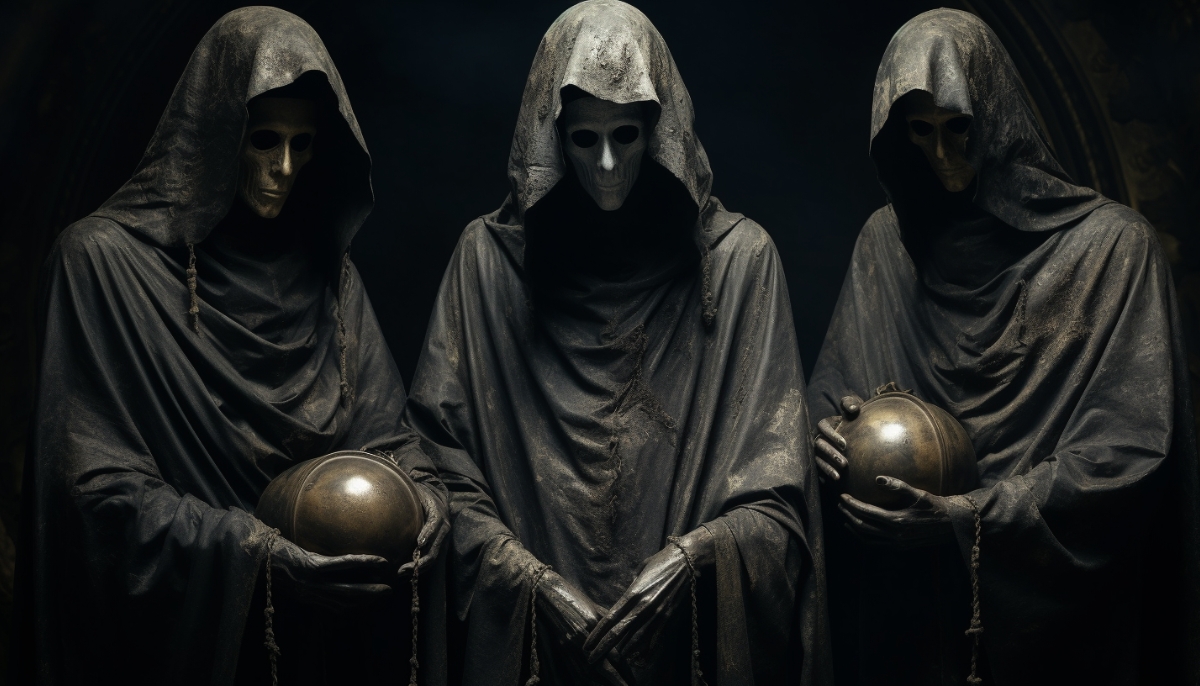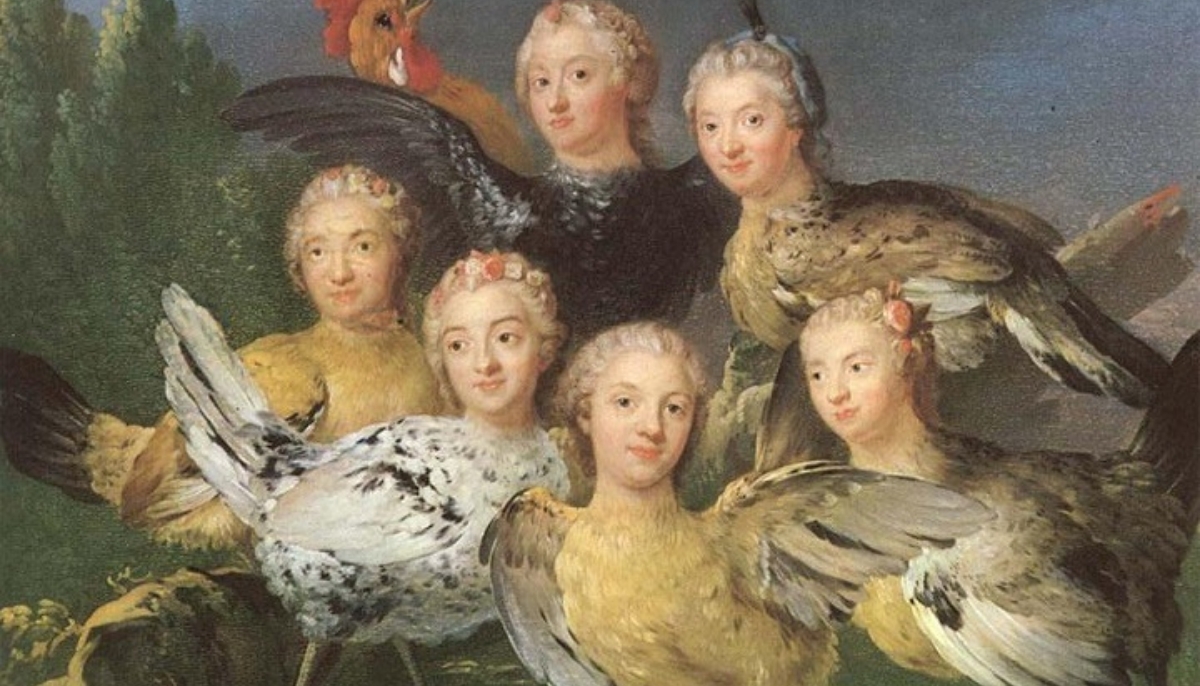Welcome to our exploration of the best adult fiction books inspired by Greek mythology. In this article, we’re delving into a collection of novels that breathe new life into ancient tales, each offering a unique and captivating reinterpretation of legendary stories.
We’ve featured our top choice right at the top of the article, so join us as we journey through the best adult fiction Greek mythology books.
This article is one in a series on the best Greek mythology books.
The Best Adult Fiction Greek Mythology Book – Fifteen Dogs, Andre Alexis
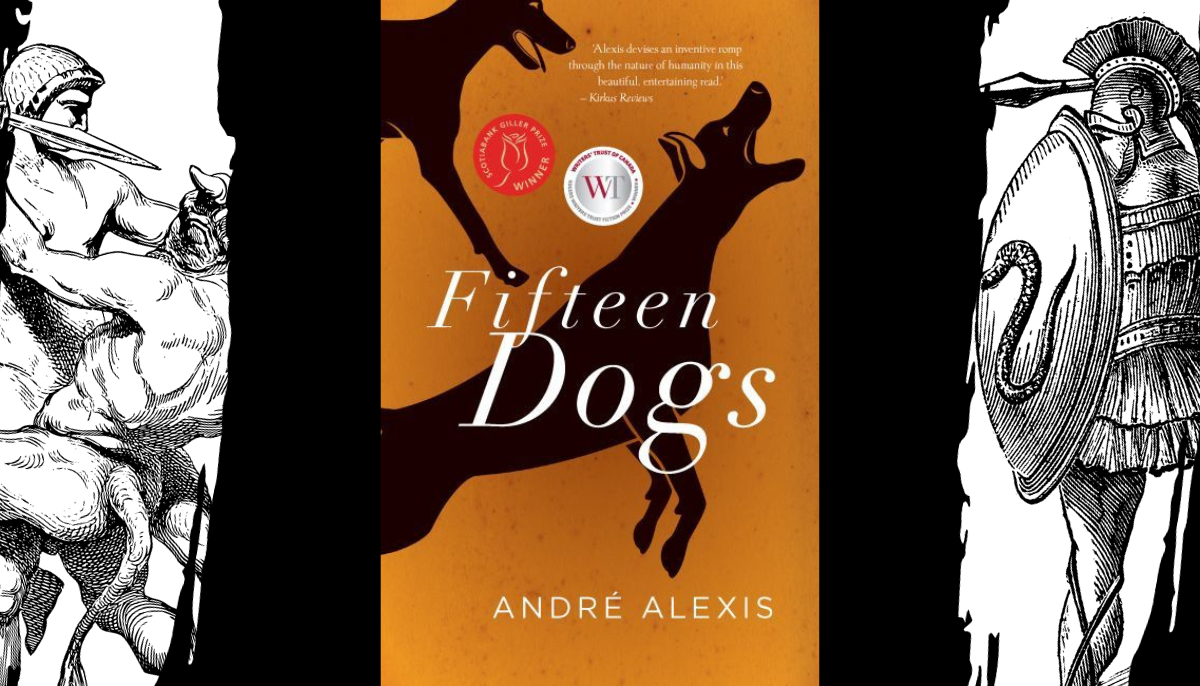
Topping our list of the best adult fiction Greek mythology books is André Alexis’s “Fifteen Dogs.” This novel introduces a fascinating concept: a bet between Zeus’s sons, Apollo and Hermes. They decide to give human intelligence and the ability to communicate to fifteen dogs to see if it makes them happier or more miserable. The story takes place in a veterinary clinic and focuses on the lives of these unique dogs, including Majnoun the poodle, Benjy the Beagle, and Prince, a mutt with a talent for poetry.
Alexis’s philosophical narrative explores themes of freedom, conformity, knowledge, and the essence of existence. The novel raises profound questions about life, love, suffering, and identity. The author masterfully balances humor with the noble nature of the canine characters, providing an insightful look into their perspectives without resorting to clichés.
Fifteen Dogs is a book that transcends the simple love for dogs, offering readers a deep and meaningful exploration of what it means to be alive. Alexis’s blend of Greek mythology with contemporary storytelling results in a work that is both unique and resonant, a must-read for those interested in philosophical fiction and modern takes on ancient myths.
The Penelopiad, Margaret Atwood
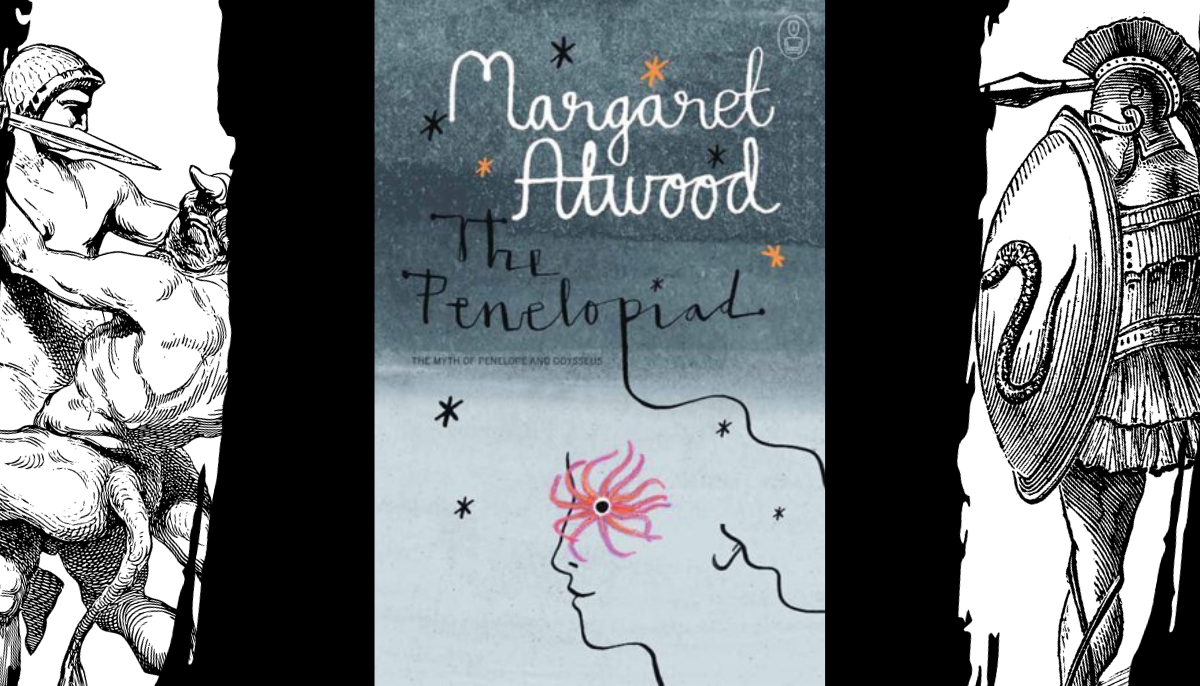
Margaret Atwood’s “The Penelopiad” is a refreshing and insightful retelling of “The Odyssey” from the perspective of Penelope, Odysseus’ wife.
Known for her wit and intelligence, Atwood portrays Penelope as a strong, independent character, frustrated by her cousin Helen’s role in prolonging the Trojan War and her husband’s delayed return.
Narrated by Penelope from Hades and aimed at a 21st-century audience, the novel gives voice to her side of the story, which Odysseus’ exploits have often overshadowed.
A significant part of the narrative is dedicated to the fate of the twelve maids, who were unjustly murdered upon Odysseus’ return. Their story adds depth and raises questions about the hero’s double standards and the traditional roles of men and women in mythology.
Atwood’s skillful storytelling and unique perspective make this book an excellent companion to “The Odyssey,” offering a modern and critical look at a classic tale.
The King Must Die, Mary Renault
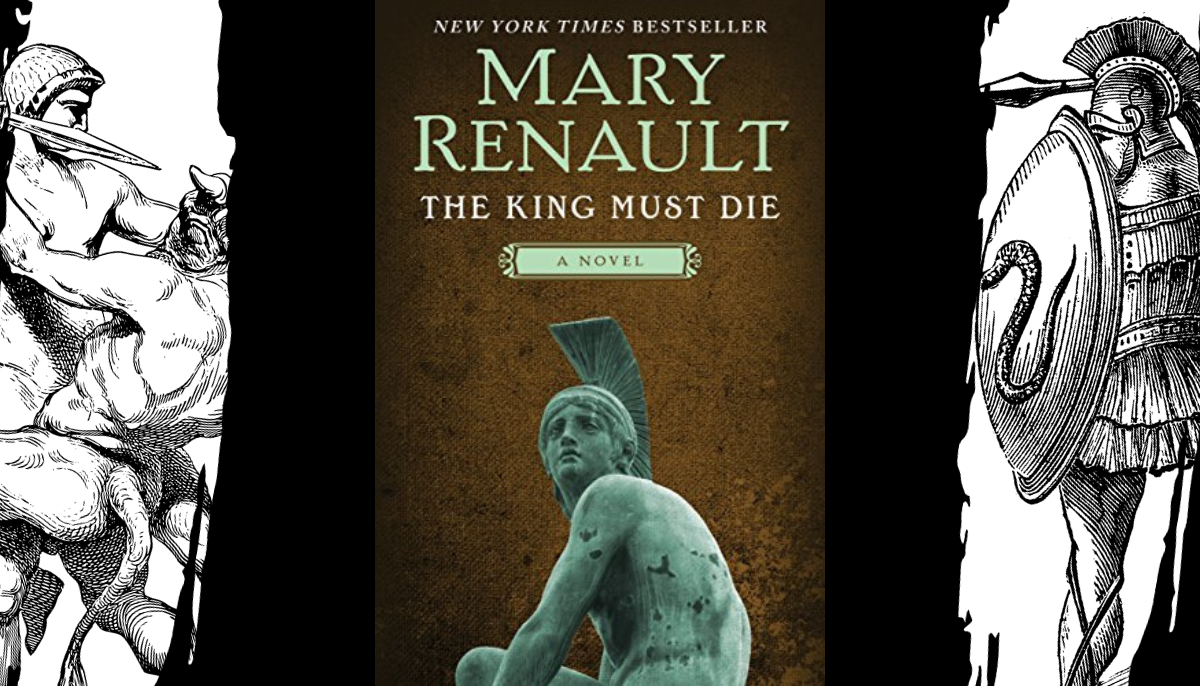
Mary Renault’s “The King Must Die” is a masterful reimagining of the myth of Theseus, transforming it into a plausible and captivating historical tale. Renault’s portrayal of Theseus as a young man full of enthusiasm and daring brings a fresh vibrancy to the character. His adventures, from wrestling and chasing bandits to governing and acrobatics, are depicted with a vivid energy that captures the spirit of youth.
Renault skillfully handles the divine aspect of the story, presenting Theseus’ communication with Poseidon as a deeply personal experience rather than a literal conversation with the deity. This approach allows the reader to engage with Theseus’ faith without necessitating a suspension of disbelief.
The novel also explores the transition from matriarchal to patriarchal societies in the ancient world, offering a believable interpretation of this significant cultural shift. Renault’s writing is engaging and insightful, providing a sympathetic view of various aspects of ancient life.
Renault’s work is recommended for its broader exploration of the Late Bronze Age. Her ability to create a realistic and engaging voice for mythical figures is remarkable. The King Must Die and its sequel, “The Bull From the Sea,” along with her other historical novels, are highly recommended for those who appreciate well-crafted historical fiction that reimagines ancient myths.
Gods Behaving Badly, Marie Phillips
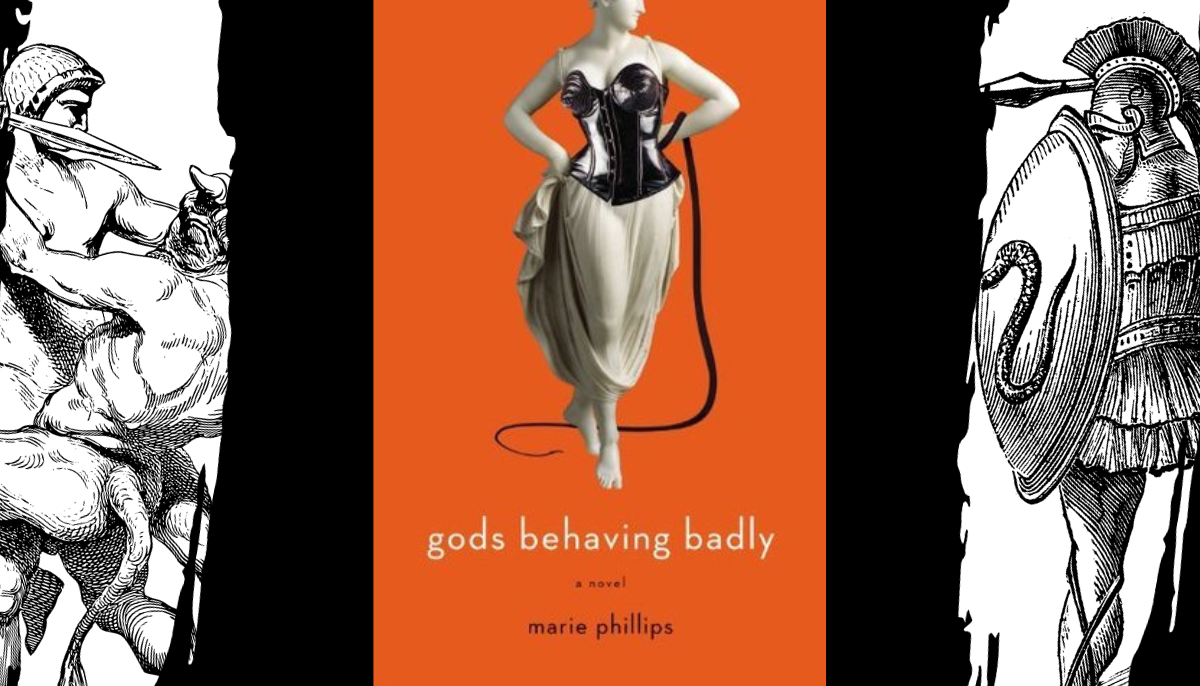
Marie Phillips’ “Gods Behaving Badly” is a witty and imaginative take on Greek mythology set in the modern world. In this novel, the twelve gods of Olympus find themselves crammed into a London townhouse in the 21st century, struggling with their dwindling powers and adapting to less glamorous lives. From Artemis as a dog walker to Aphrodite as a phone sex operator, the gods’ new occupations are as amusing as they are mundane.
The story escalates when a dispute between Aphrodite and Apollo spirals into a larger conflict, ensnaring two ordinary humans, Alice and Neil, in a battle that could determine the fate of humanity. Phillips skillfully blends humor with the legendary, creating an entertaining narrative that reflects the gods’ timeless personalities.
Even for those less acquainted with the myths, Phillips’ engaging storytelling and sharp dialogue make the book accessible and enjoyable. This novel is a perfect blend of classical legend and contemporary fiction, appealing to fans of Greek mythology and comedy alike.
Till We Have Faces, C.S. Lewis
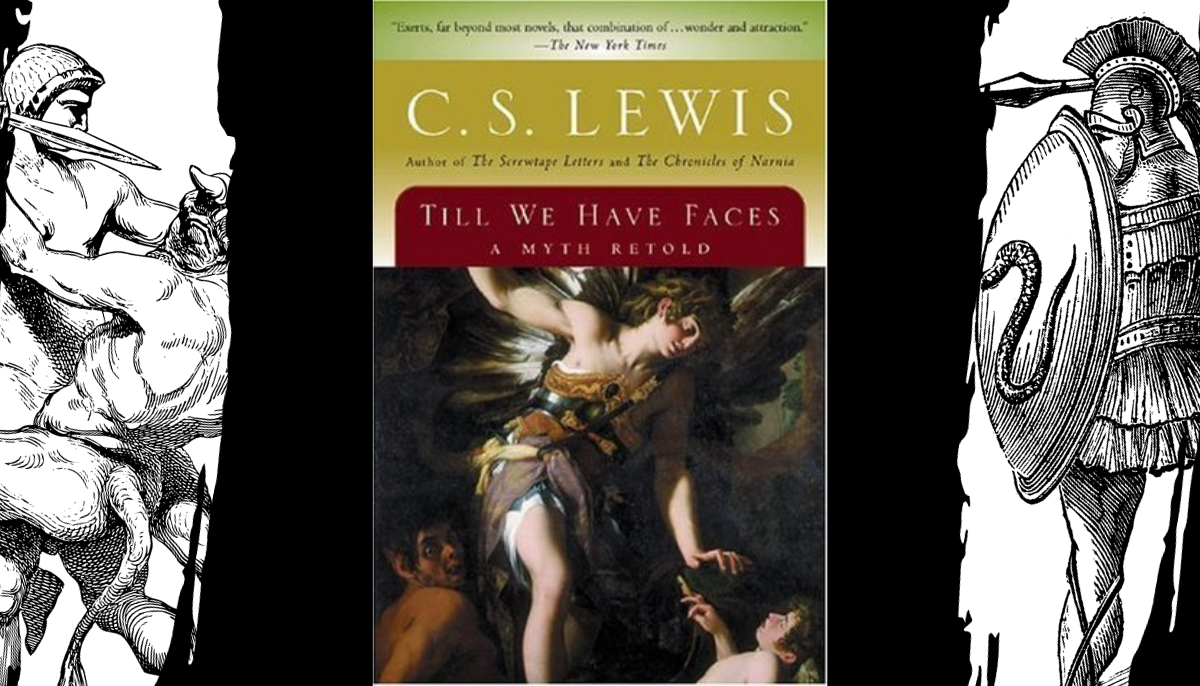
C.S. Lewis’s “Till We Have Faces” is a lesser-known yet profound work that reimagines the myth of Psyche and Cupid. Contrary to being a dense philosophical treatise, it is, first and foremost, a captivating story. The novel focuses on Orual, Psyche’s older sister, portrayed as a strong but physically unattractive woman, providing a unique perspective on love, beauty, and the divine.
Lewis’s narrative is a testament to his imaginative prowess and deep understanding of mythology. The setting is a meticulously crafted mythological world that feels authentic and immersive. The characters are well-developed, with human qualities that defy simplistic moral categorizations.
While Till We Have Faces does delve into philosophical and theological themes, exploring contrasts between different forms of paganism, beauty and ugliness, and complex emotions, it remains accessible. The story’s depth adds to its richness, making it a compelling read for those who appreciate a narrative with substance and emotional depth.
Circe, Madeline Miller
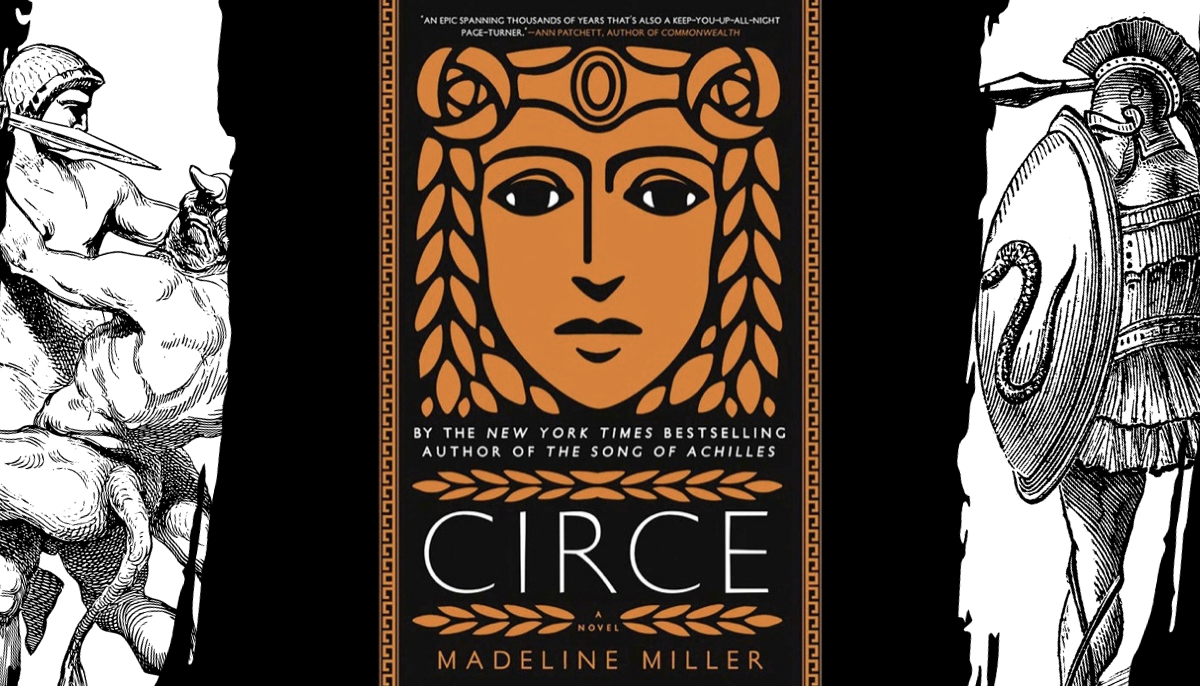
“Circe” by Madeline Miller is a breathtakingly beautiful retelling of Greek mythology from the perspective of one of its most fascinating yet often overlooked characters. Born in the house of Helios, god of the sun, Circe is an enigmatic figure who, despite lacking the powerful allure of her divine relatives, discovers her true strength in witchcraft. This newfound power leads her to a life filled with transformations, challenges, and profound relationships.
Banished to a deserted island by Zeus, Circe’s story unfolds in a narrative that’s as much about self-discovery as it is about magic. Her journey brings her into contact with famous mythological figures, including the Minotaur, Daedalus and Icarus, and the hero Odysseus. Each encounter enriches her experience, adding layers to her character that are both compelling and deeply human.
What sets Circe apart is how it transforms the traditional narrative of Greek mythology. Instead of focusing on the heroic deeds of gods and men, it delves into the life of a woman who stands resilient despite facing the wrath of both gods and mortals.
For fans of Greek mythology, Circe offers a captivating perspective. Miller’s narrative style is lush and evocative, bringing to life the world of gods and mortals with vivid detail. But beyond its mythological roots, this book speaks to universal themes of identity, power, and the nature of love.
The Silence of the Girls, Pat Barker
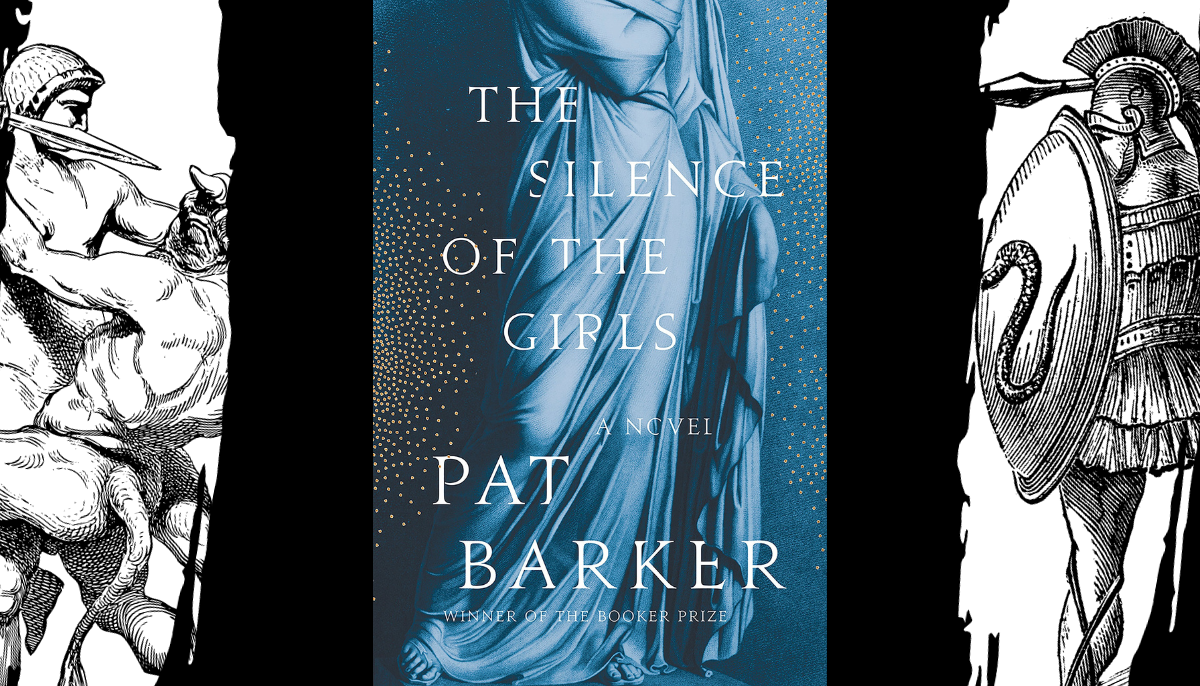
Pat Barker’s “The Silence of the Girls” is a breathtaking retelling of the Trojan War, offering a fresh and often overlooked perspective through the eyes of Briseis. This novel diverges from the traditional focus on the glory of male heroes, highlighting instead the quiet resilience and impact of women in this historic saga.
Narrated by Briseis, once a queen and later a captive of Achilles, the story sheds light on women’s experiences and inner lives during the war. While Briseis is the primary female voice in the novel, her perspective profoundly shifts the reader’s understanding of the classic tale.
Barker’s portrayal of Achilles is notably complex, exploring his character’s nuances and evolving relationship with Briseis. This rendition of Achilles and Briseis offers a different dynamic from other interpretations, such as in “The Song of Achilles,” yet remains true to the essence of Homer’s epic.
The Silence of the Girls is a beautifully written work that will resonate with fans of Greek mythology and those interested in seeing a more inclusive narrative of the Trojan War. Barker succeeds in breathing new life into a timeless story, making it relevant and compelling for contemporary readers.
Troy – Lord of the Silver Bow, David Gemmel
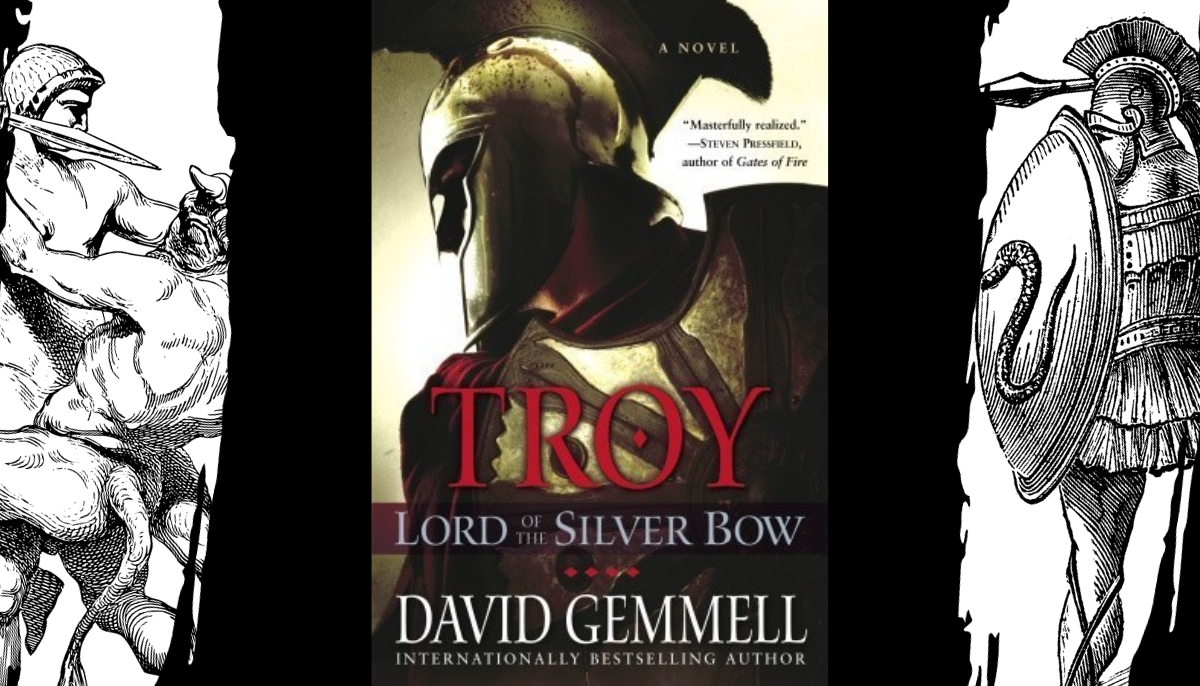
David Gemmell’s “Lord of the Silver Bow” is a captivating reimagining of the Trojan War, focusing on the lesser-known hero Aeneas, also known as Helikaon or the Golden One. This novel, the first in a trilogy, presents a richly detailed and action-packed narrative that diverges from the conventional stories of Achilles and Hector, instead spotlighting Aeneas’s journey.
The story is set against the backdrop of the Trojan War, but it explores new dimensions, delving into the complexities of love, honor, and fate. Characters like Argurios the Mykene, a formidable warrior with unyielding principles, and Andromache, a fierce priestess, add depth and intrigue to the narrative. The novel’s portrayal of the gods and their influence on human affairs provides a fascinating blend of myth and history.
Gemmell’s writing is immersive and fluid, drawing readers into a world of epic battles, deep-rooted enmities, and unexpected alliances. With its gripping plot and well-developed characters, the book sets a high standard for the rest of the trilogy.
Lore, Alexandra Bracken
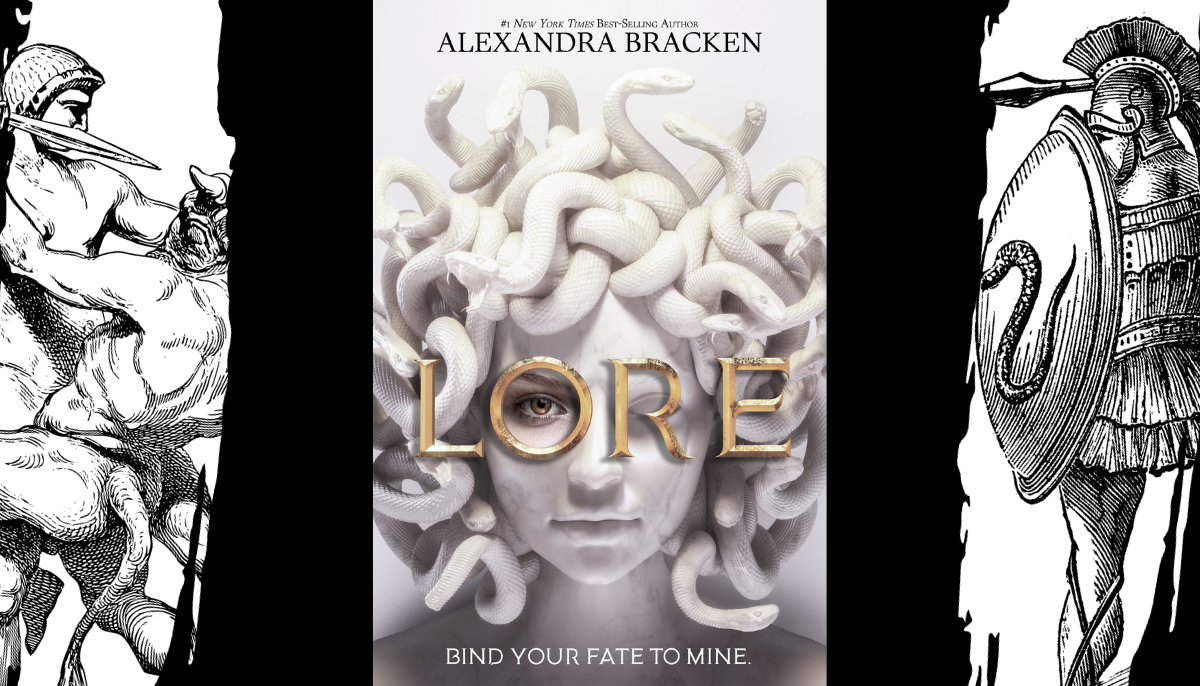
“Lore” by Alexandra Bracken is a high-octane blend of modern fantasy and ancient Greek mythology. Set in a world where the Agon, a brutal hunt, forces gods to become mortals and fight for survival every seven years, the story introduces Lore Perseous, who has distanced herself from this savage legacy after her family’s murder. Lore is unexpectedly drawn back into this violent world when the Agon returns to New York City.
The novel takes a turn when Lore reunites with Castor, a childhood friend she believed dead, and encounters a severely injured Athena, one of the last original gods. Athena proposes an alliance to defeat their common foe, offering Lore a chance to avenge her family and finally escape the Agon. However, joining forces with Athena sets Lore on a perilous path, fraught with danger and complex moral choices.
Bracken’s Lore is a compelling tale of power, destiny, and redemption. The story is fast-paced, blending action-packed scenes with deep character development. The novel’s modern setting juxtaposed with ancient elements creates a unique and thrilling reading experience, appealing to mythology and contemporary fantasy fans alike.
The Song of Achilles, Madeline Miller
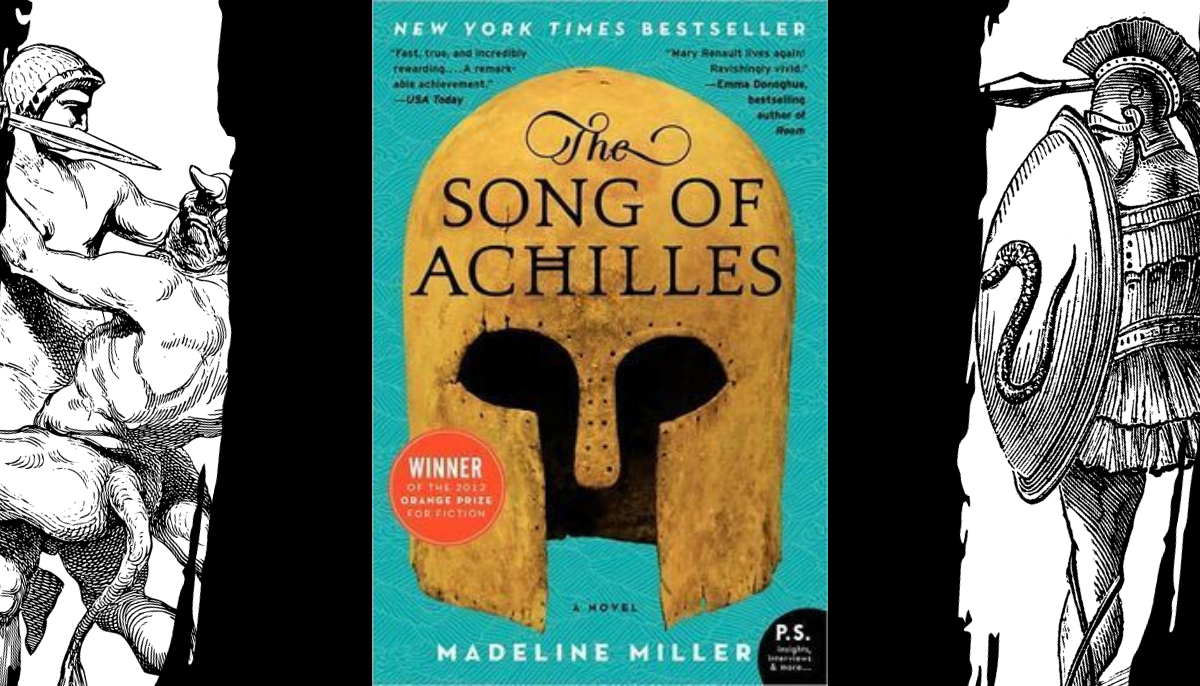
Madeline Miller’s “The Song of Achilles” is a breathtaking retelling of the Trojan War, focusing on the intimate bond between Achilles and Patroclus. This novel reimagines the epic tale through the lens of their relationship, offering a deeply personal and emotional narrative that diverges from traditional depictions.
Achilles, known for his unmatched prowess in battle, is the son of a sea goddess and a mortal king. Patroclus, an exiled young prince with a troubled past, finds an unexpected companion in Achilles. Their friendship blossoms into something profound, defying the expectations of gods and men alike. Trained by the wise centaur Chiron, they grow in strength and knowledge, unaware of the tragic fate that awaits them.
Achilles is drawn to the prospect of eternal glory when the call to war over Helen of Sparta arises. Torn between his love for Achilles and the looming dread of loss, Patroclus follows him to the battlefields of Troy. Miller’s storytelling is exquisite, weaving a tale of love, destiny, and sacrifice that highlights the human aspects of these legendary figures.
The Song of Achilles is not just a novel about war; it’s a story of heartbreak, loyalty, and the enduring power of love. It presents a fresh and poignant perspective on a familiar myth, making it a must-read for fans of Greek mythology and those seeking a moving, beautifully crafted story.

